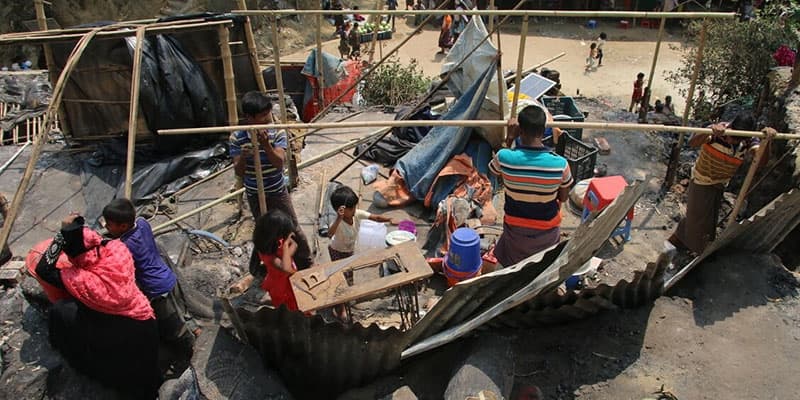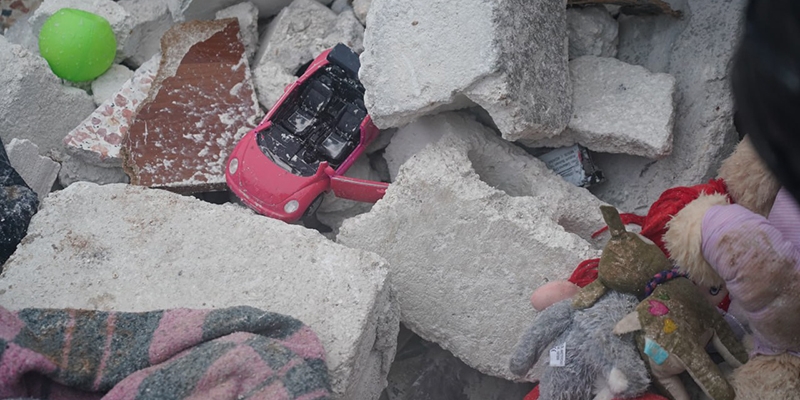Help Children & Refugees in Afghanistan
- Severe economic crisis, consecutive droughts, and the suspension of development assistance has turned that crisis into a catastrophe.
- This year, almost 30 million people will need humanitarian assistance to survive.
- Following the Taliban regaining control in September 2021, we have reached more than 4.8 million people with life-saving relief.
Save the Children has been working in Afghanistan since 1976, but the scale and severity of the current crisis is like nothing we have ever seen before. Families and refugees are increasingly taking desperate measures to survive.
Children’s access to healthcare, protection and education has been drastically diminished. Without access to education, children are being deprived of their fundamental rights. This is yet another devastating blow for children in Afghanistan who are facing an unprecedented hunger crisis.
Following the Taliban regaining control in September 2021, we have reached more than 4.8 million people including 2.4 million children with our life-saving services.

Treated 7,465 people, including 3,867 boys and 3,598 girls under 5 years of age for pneumonia

Treated 978 children with acute malnutrition

Treated 10,167 children for malaria and diarrhoea, and 867 children received measles vaccinations

Treated 452,486 children treated with nutrition services

Treated 564,671 children with health services

Provided pre-natenatal care to 2,888 pregnant women
What to Know About the Taliban Ban Declared on Female Aid Workers
On December 20, 2022 the Taliban announced a ban on female students attending university in Afghanistan. Just days later on December 24 came the Taliban’s announcement that women are banned from working for INGOs.
Following the announcement, Save the Children paused its activities. Our female staff are essential for the safe and effective delivery of our services, and we simply cannot operate without them. Women make up 50% of our workforce and are crucial for reaching women and girls.
A Save the Children spokesperson said: “The ban on female staff will have a direct impact on the life-saving assistance Save the Children provides and we are calling for an immediate reversal to this decision.”
On January 15, 2023, Save the Children was able to restart some of our activities where reliable assurances had been given for a full and safe return to work for its female staff. "While the majority of our programs remain on hold, we are restarting some activities – such as health, nutrition, and some education services – where we have received clear, reliable assurances from relevant authorities that our female staff will be safe and can work without obstruction."




